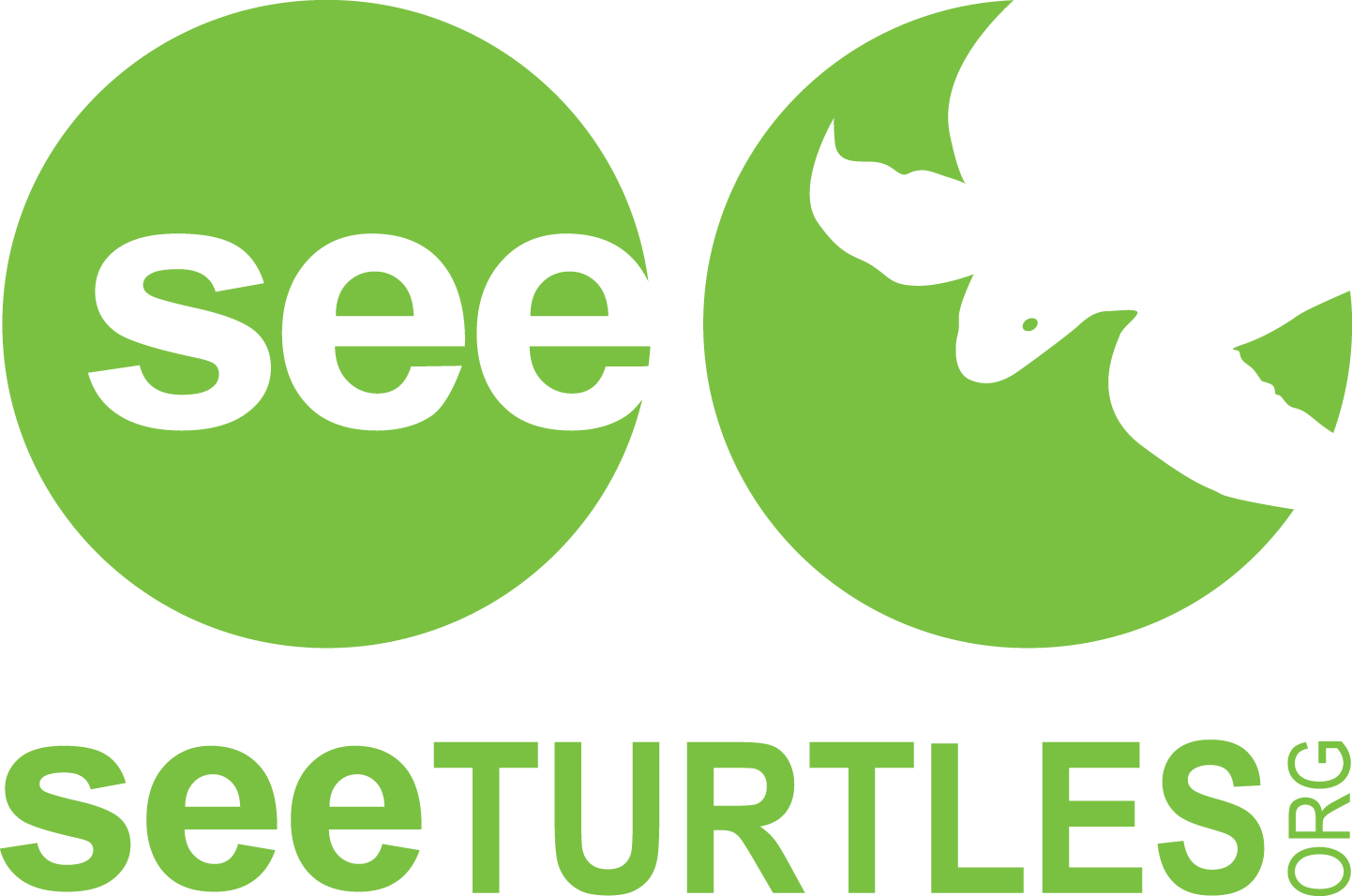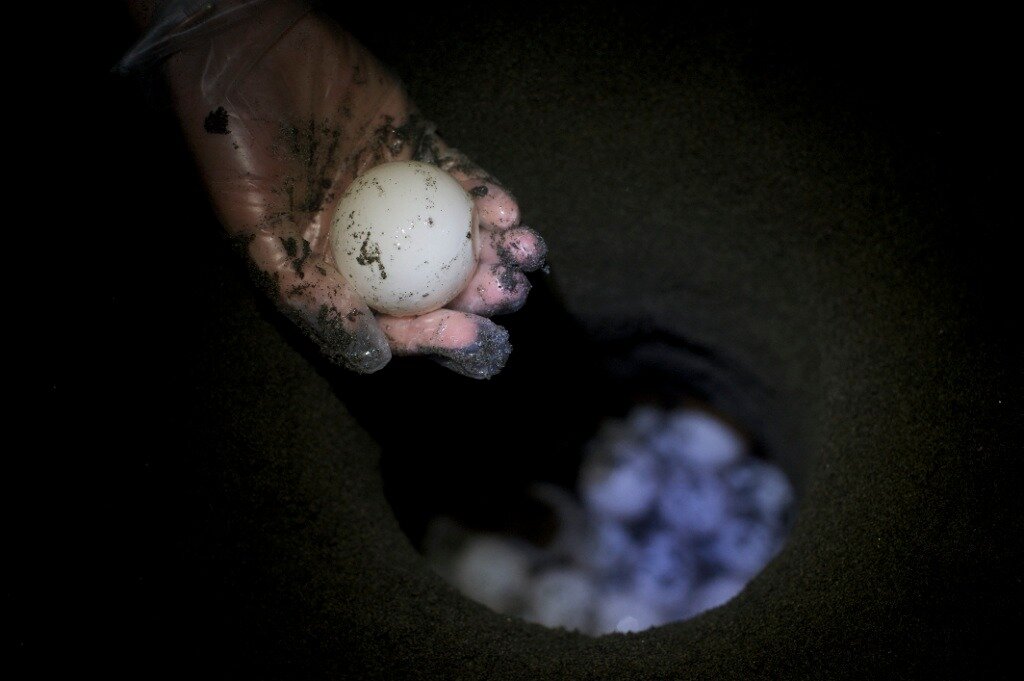
Consumption of Turtle Eggs & Meat
Despite laws protecting sea turtles in most countries, the illegal trade of eggs, meat, and shells of turtles continues to be a major threat to their survival. These animals are harvested for their meat and eggs which are used for human consumption and in some places are considered a delicacy. In many countries, the trade in turtle eggs is a big industry that provides income to many people.
The reality in some coastal communities in the developing world is that people may not have access to jobs that can sustain their families. Our view is not that people who collect turtle eggs to sell or consume or hunt them for their meat are bad people; deciding between feeding one's family and protecting a wild animal is a difficult decision. Our hope at SEE Turtles is to help residents who live near turtle habitat earn income from tourism or involvement in conservation efforts.
Facts About Sea Turtle Consumption
All 7 species of sea turtles are at risk of consumption or illegal trade for their meat, eggs, shell, or other parts.
CITES, the Convention on International Trade in Endangered Species is an international agreement between countries that aims to protect species from extinction as a result of trade. This agreement however is voluntary and not all countries around the world are members.
Some cultures believe sea turtle eggs are aphrodisiacs. There is however, no scientific basis to this belief. In other cultures it is believed that eating them leads to a long life.
In some parts of the world, sea turtles are used for ceremonial purposes. Their shells and skins are also used to make a variety of objects like jewelry, sunglasses, tourist trinkets, instruments, and wall hangings. The hawksbill in particular is valued for its shell which is used for ornamental purposes. Learn more about the turtleshell trade here or at our Too Rare To Wear website.
Lack of enforcement and public awareness are particularly problematic when it comes to illegal trade. As trade occurs across borders between countries, monitoring illegal trade is sometimes impossible. Many conservation programs are underway worldwide implementing projects which bring more money to local communities in tourism dollars than they would receive from harvesting the animals. You can help these communities by joining one of our conservation tours.
What is SEE Turtles?
We're a non-profit organization that protects sea turtles through conservation travel and volunteer tours, educational programs, and Billion Baby Turtles. Our award-winning programs help save sea turtle hatchlings on important nesting beaches around the world, work with the tourism industry to end the turtleshell trade, and educate students and travelers about how to help save sea turtles.
Photo credits: Neil Ever Osborne, Hal Brindley

